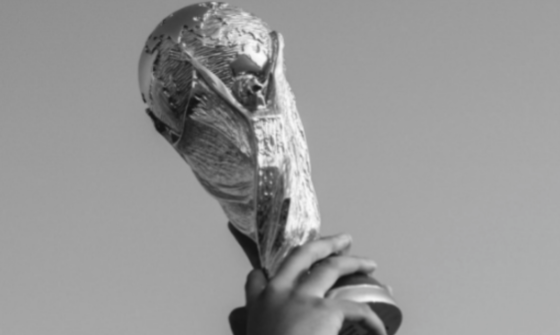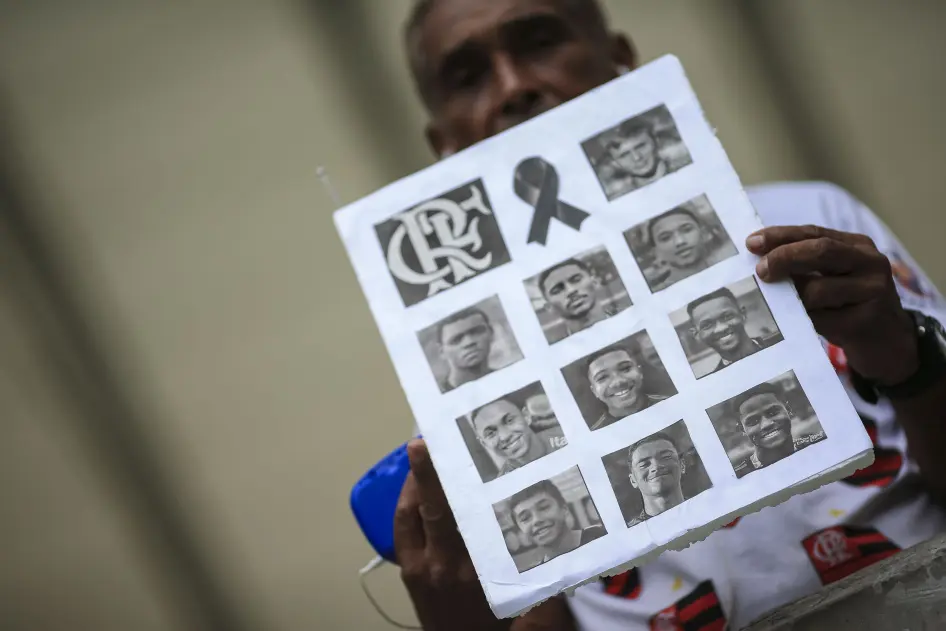Four Years Since Tokyo Olympics, Lawmakers Commit to Protecting Children
Four years after hosting the Tokyo Olympic and Paralympic Games, Japan is finally taking action to protect athletes from abuse in sport. This month, the Japanese National Diet passed a revision to the Basic Act on Sport (2011), requiring the national and local governments to adopt measures against any form of physical or sexual abuse, and against verbal and other abuse when committed by coaches and others in positions of power.
Human Rights Watch released a report in 2020 documenting Japan’s use of corporal punishment in sport, exposing systemic child abuse in sports training from school level up to elite institutions. We called for a ban on all forms of abuse against child athletes in organized sport. Soon after, we launched #AthletesAgainstAbuse with partner organizations, an international campaign to stop abuse in sports.
These reforms remain desperately needed. This April, a high school baseball coach was punished for slapping players. And in February, a junior high school kendo coach was disciplined for hitting students with a shinai (kendo stick) and refusing to allow an ill student to drink water during summer practice.
Years of courageous leadership from Japanese athletes, alongside domestic and international pressure, have helped drive the momentum for legal reform.
In August 2020, the International Olympic Committee told the Japanese Olympic Committee to end abuse and harassment in Japanese sports. In April 2023, six major Japanese sport’s governing bodies launched the “No! Sports Harassment” campaign to raise awareness about the issue.
Other notable interventions include the Japan Sports Agency (JSA), a national agency responsible for promoting sports in Japan publishing a list of abuse-reporting hotlines for each sport organization, and the Japan Sport Association, a national umbrella organization for sport, introducing a disciplinary code for coaches. The JSA also now plans to establish guidelines for disciplinary actions against external school coaches.
The Basic Act on Sport amendment could mark a turning point in ending the tradition of using physical violence as a coaching technique. But Japanese Prime Minister Shigeru Ishiba should not stop there. To achieve the goal of addressing abuse in sports, he should also establish an independent body tasked solely with reporting and addressing child abuse in sport. This will be an invaluable addition if Japan wants to get serious about ending the abuse of its athletes.






